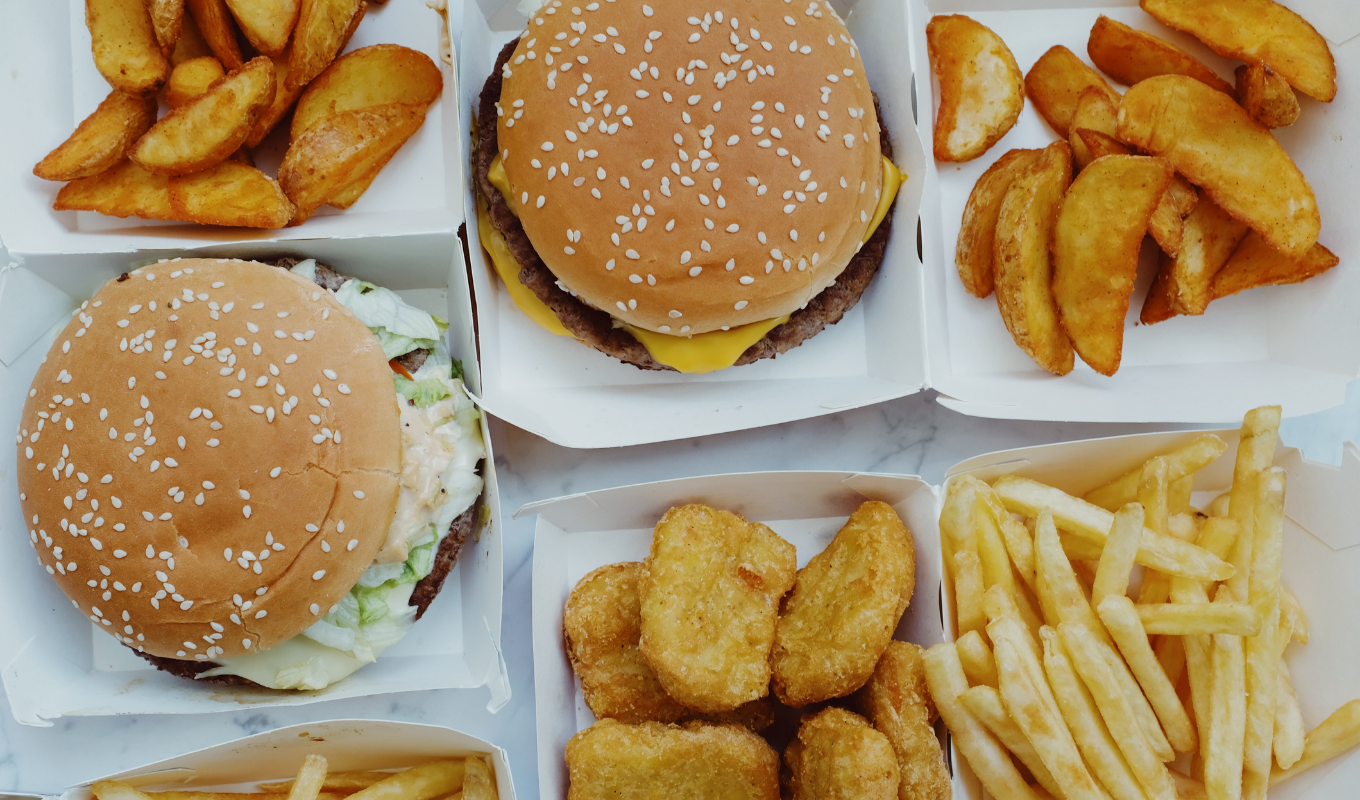Your Diet Could Be Sapping Your Energy: Tips for Proper Nutrition

Fatigue is relentless in pursuing our peace, energy, and overall well-being. Once you start feeling the fog of fatigue, it becomes a constant battle to overcome low energy levels —especially with a busy routine.
Some amounts of tiredness are normal from day to day, but consistently low energy levels hurt your quality of life, making it difficult to concentrate, think creatively, and make decisions.
There’s one thing that could be causing your energy levels to plummet and is directly impacted by the fuel we provide our bodies: your diet.
How Diet Affects Your Energy
Nutrition—often overlooked—is the secret to staying active as you age, impacting your energy levels far more profoundly than you might realize. Despite this, a striking statistic from a Mayo Clinic study reveals only 2.7% of all adults in the US are living a healthy lifestyle, which is indicated by four characteristics: staying moderately active, eating a nutrient-dense diet, abstaining from smoking, and maintaining a healthy body fat percentage.
Understanding the impact of a balanced diet on your energy levels helps you address poor eating habits that can severely diminish your energy. When you miss the right nutrients, your body can’t enhance energy production, improve stamina, or facilitate recovery.
But now that we know what makes up a healthy lifestyle and that diet plays a large role in our energy levels, where do we go from here? What change is needed to go from drained and depleted to engaged and energized? The answers, it turns out, might just be on our plates.
Lifestyle Tips for Proper Nutrition
Low energy levels are debilitating and poor nutrition can hinder your motivation and enthusiasm for physical activities —which are necessary for preventing chronic conditions and maintaining your health as you age.
The right ingredients will help you curb low energy levels and the following lifestyle tips will have you well on your way to proper nutrition and better eating habits:
- Avoid food high in sugar. In moderation is fine, but sweets and sodas, especially when consumed frequently, can lead to energy crashes and even more hunger, which leads to a vicious cycle of snacking and sugar-induced energy dips. Instead, opt for whole fruits, which provide natural sugars along with fiber, vitamins, and minerals that help regulate your energy levels more effectively.
- Eat breakfast. They say it’s the most important meal of the day for a reason, right? It kickstarts your metabolism early in the day and provides fuel for your body to start your day. It also sets the tone for making healthier food choices throughout the rest of the day.
- Stay hydrated. Your body (and your brain) will thank you. Dehydration can impair your cognitive functions, which is why staying hydrated by drinking water is a great way to combat fatigue and low energy.
- Have small and frequent meals. Overindulging is easier to do than you think, which is why smaller, frequent meals help control hunger and manage portions better, leading to steady energy levels throughout the day.
You Need a Better Balance
Diet is a big part of your daily energy, but adults —younger and older— need to look beyond diet alone to lead more active and engaged lives. A balanced diet serves as the foundation for energy production, but coupling it with light physical activity or convenient in-home physical therapy sessions will help you lead a long and healthy life.
By emphasizing the importance of both dietary balance and physical activity, older adults can make everyday tasks more manageable and enjoyable.
Learn more about fighting fatigue, regaining your energy, and establishing healthier habits with Luna, and find a board-certified Luna Physical Therapist near you to get started.




